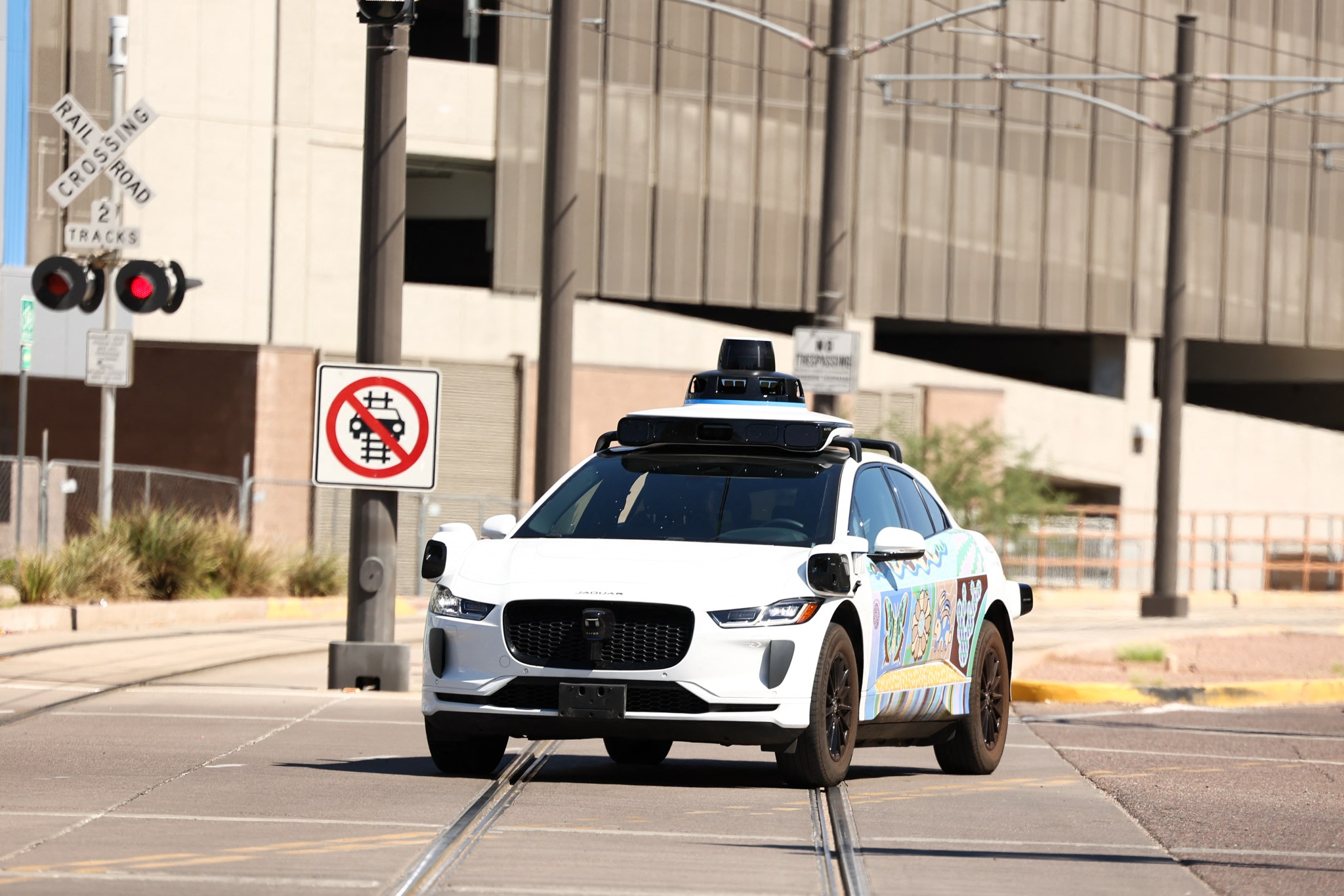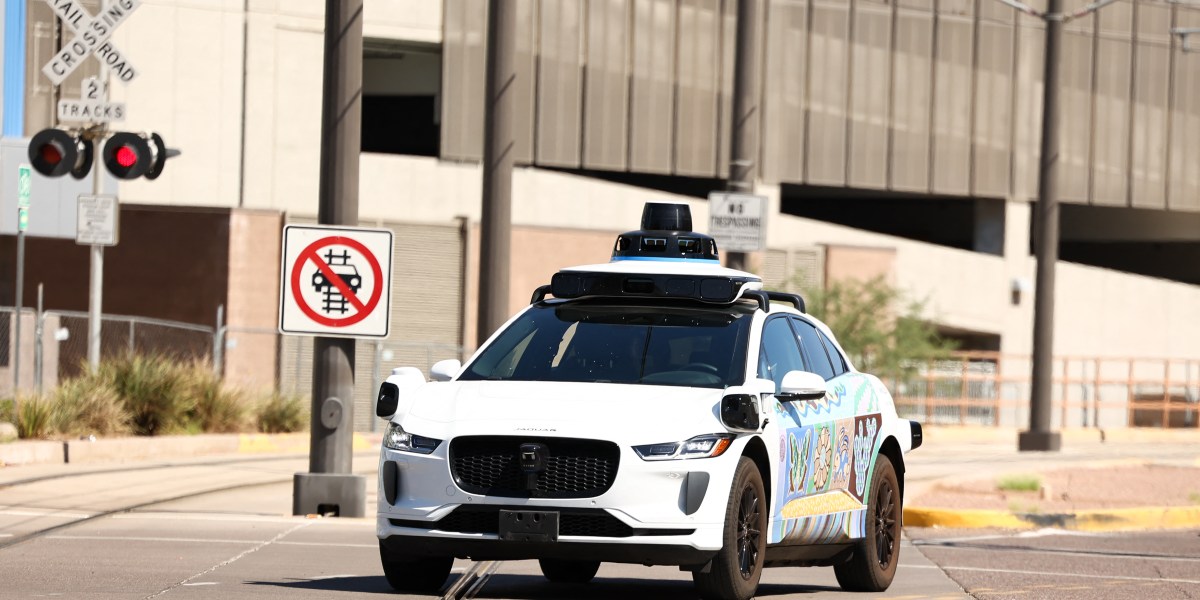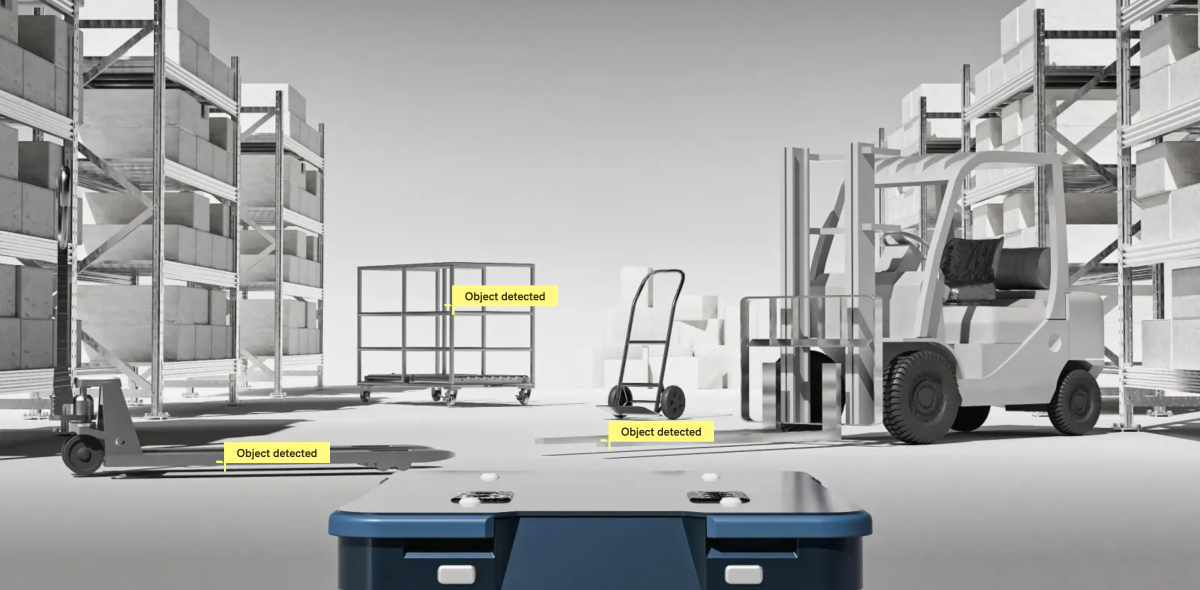
Waymo, the Alphabet-owned robotaxi company, said it would work with Lyft to roll out an autonomous ride-hail service in Nashville next year—Waymo’s first major commercial partnership with the mobility company as it attempts to scale its service around the country.
The new alliance underscores how Waymo is keeping its options open and is avoiding getting too close with any one company—at least for now. Earlier this year, Waymo started working with Lyft competitor Uber in Austin and Atlanta, and it is planning to launch in Miami and Dallas by working with electric vehicle fleet company Moove and car rental company Avis Budget Group.
For its debut in Nashville, where Waymo has been testing vehicles for several months, Waymo says that Lyft will initially be handling fleet management only, such as vehicle cleaning and maintenance, via the Lyft subsidiary Flexdrive. As Waymo scales up service, riders will eventually be able to use the Lyft app to summon an autonomous vehicle, too, Waymo says, though the company wouldn’t specify when riders could expect that to take place.
A Lyft spokesperson described the effort as a “multi-year partnership” and said that both companies “have ambitions” to eventually partner together in more cities.
All of Waymo’s partnerships have looked a little different thus far. In Atlanta and Austin, where Waymo is working with Uber, riders can only get a Waymo via the Uber app. (Waymo has also been available in Phoenix on the Uber app since 2023, though that partnership is smaller)
Lyft was actually one of the early companies to partner with Waymo, eight years ago, when the two companies collaborated on pilot projects and product development efforts before Waymo had launched a paid service across several cities. Lyft also ran a small, 10-vehicle deployment with Waymo in Phoenix back in 2019. But the ride-hail company has since been widely seen as having fallen behind when it comes to autonomy, while Uber jumped to work with Waymo in Austin and Atlanta earlier this year.
Uber CEO Dara Khosrowshahi has touted the Waymo partnership on earnings calls this year, asserting that Waymo robotaxis complete more daily rides than 99% of Uber’s human drivers do and emphasizing the partnership as an initial indicator of the efficiencies AVs can offer. But Lyft has been getting more competitive recently, last week announcing it would start a pilot program with autonomous shuttle company May Mobility in Atlanta.
Over the last year, Waymo has become the clear frontrunner in the race to deploy autonomous vehicles around the country. The company surpassed 100 million fully autonomous miles this summer, and earlier this week, Waymo said it had received an initial permit from the San Francisco airport to start doing test rides to and from the airport—a first for any ride-hail company.
There are other competitors, though none of them have come close to matching Waymo’s scale. Amazon-owned Zoox launched a small-scale free shuttle service in Las Vegas earlier this month. Tesla has been offering paid rides with a safety driver in the passenger seat in Tesla Ys since June. General Motors previously had rolled out its robotaxi service, Cruise, in several cities around the country, though it officially disbanded the effort last year in the aftermath of a serious accident and settlement.
As far as which partnerships will end up working best for Waymo, it appears the company is still sorting that out. When asked by Fortune at a conference last month what Waymo has learned from its various partnerships thus far, one of the company’s engineering executives said it was too soon to tell.
“It’s too early to say…” Srikanth Thirumalai, vice president of onboard engineering, said in August. “Things seem to be pointing in the right direction.”















